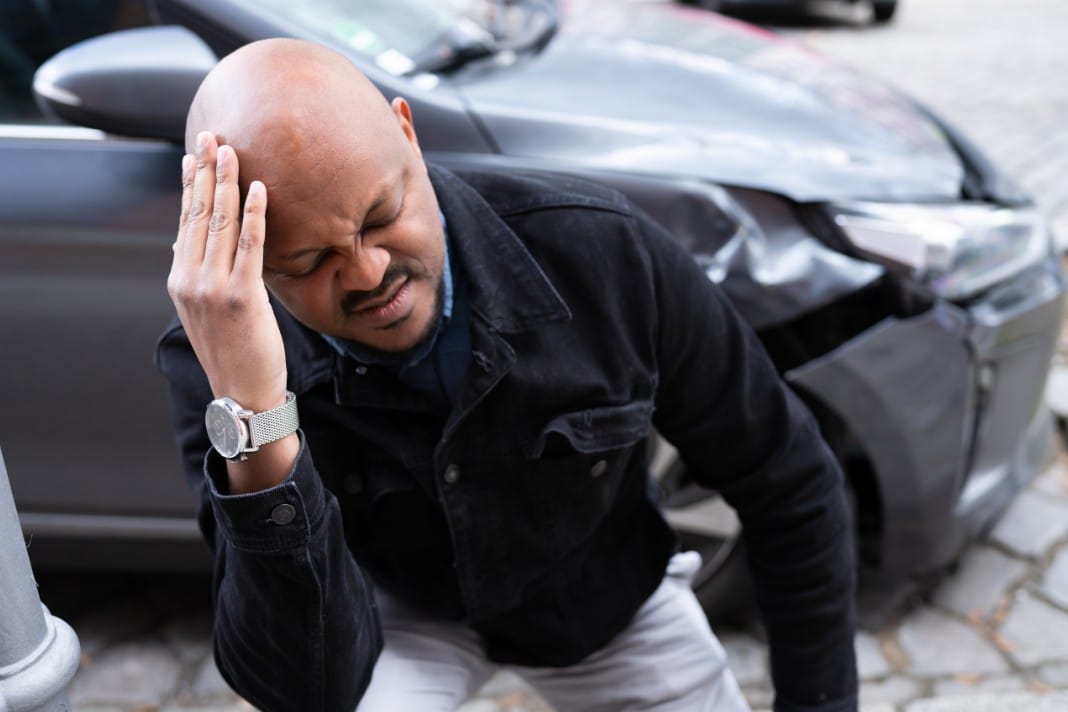Car accidents can be life-altering events, regardless of whether you were at fault or not. The physical injuries are often evident and receive immediate attention, but the emotional and psychological aftermath can be just as profound. It’s essential to recognize that healing after a car accident goes beyond physical recovery. The trauma, shock, and emotional toll can linger, affecting your overall well-being. Seeking therapy after a car accident can be a crucial step toward healing your mind and body.
Psychological Impact of Car Accidents
Car accidents can lead to a range of psychological challenges, including:
- Post-Traumatic Stress Disorder (PTSD): Many individuals who experience a car accident develop symptoms of PTSD, such as flashbacks, nightmares, and severe anxiety.
- Anxiety and Depression: The emotional shock of an accident can trigger or exacerbate anxiety and depression, leading to persistent feelings of fear, sadness, or hopelessness.
- Psychological Shock: The suddenness and severity of a car accident can leave individuals in a state of psychological shock, making it challenging to process the event and its consequences.
- Emotional Trauma: Witnessing or experiencing a car accident can result in emotional trauma, causing distressing emotions and reactions that interfere with daily life.
Mental Therapy After a Car Accident
Recovering from a car accident emotionally and psychologically requires specialized therapy. Mental therapy after a car accident aims to address the unique challenges and trauma associated with such events. Here’s how therapy can help:
- Post-Traumatic Stress Disorder Treatment: Therapists are trained to diagnose and treat PTSD. They use evidence-based approaches like Cognitive Behavioral Therapy (CBT) and Eye Movement Desensitization and Reprocessing (EMDR) to help individuals process traumatic memories and alleviate associated symptoms.
- Anxiety and Depression Management: Therapists assist individuals in managing anxiety and depression by providing coping strategies, emotional support, and a safe space to express their feelings.
- Psychological Shock Resolution: Therapy helps individuals navigate the psychological shock caused by the accident, gradually helping them regain a sense of control and stability.
- Emotional Trauma Recovery: Therapists guide individuals through the healing process, allowing them to confront and process emotional trauma, ultimately promoting emotional well-being.
How Long Does it Take to Mentally Recover?
The duration of mental recovery after a car accident varies from person to person. Factors such as the severity of the accident, individual resilience, and the timely initiation of therapy all play a role. While some individuals may experience significant improvement in a few months, others may require more extended therapy. The key is to prioritize your well-being and seek therapy when you feel ready.
Finding the Best Therapy for Car Accident Trauma
Choosing the right therapy for car accident trauma is essential for effective recovery. Here are some therapy modalities commonly used:
- Cognitive Behavioral Therapy: CBT is highly effective in treating anxiety, depression, and PTSD by helping individuals identify and reframe negative thought patterns and behaviors.
- Eye Movement Desensitization and Reprocessing (EMDR): EMDR is particularly effective for processing traumatic memories related to the accident, reducing the emotional charge they hold.
- Mindfulness-Based Therapy: Mindfulness techniques promote emotional regulation, reduce stress, and enhance overall well-being, making them valuable in car accident recovery.
A Therapist’s Compassionate Support
A therapist specializing in car accident trauma provides a compassionate and empathetic environment where you can openly discuss your experiences, fears, and emotions. They will:
- Listen Actively: Therapists are skilled in active listening, allowing you to express your thoughts and feelings without judgment.
- Provide Coping Strategies: They offer practical coping strategies to manage anxiety, depression, and other emotional challenges.
- Offer a Safe Space: Therapists create a safe space where you can process your emotions, fears, and trauma at your own pace.
Recovery Regardless of Fault
Whether you were at fault or not, healing after a car accident is essential for your overall well-being. Therapy is a valuable resource that supports individuals on their journey to emotional and psychological recovery. It’s not about assigning blame but about nurturing your mental health and regaining control over your life.
If you or a loved one has been affected by a car accident and is struggling with emotional trauma, consider reaching out to a therapist who specializes in car accident recovery such as those found at Virtuous Circle Counselling. They can help you navigate the path to emotional healing and provide the support you need to regain a sense of normalcy in your life. Your well-being is worth the investment in therapy, and you deserve the opportunity to heal both physically and emotionally after a car accident.


